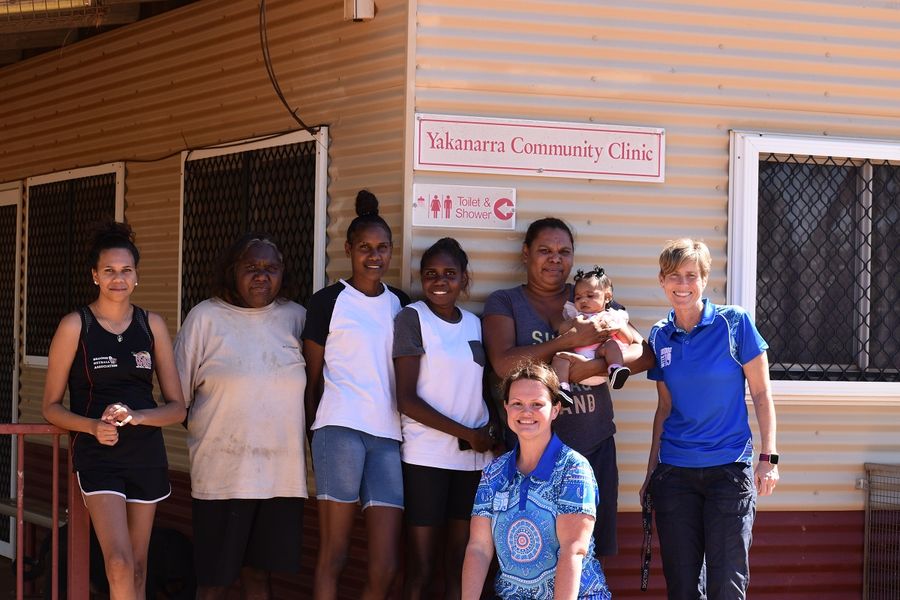

The health outcomes of a remote Kimberley community are being better addressed with the roll out of quarterly-run gender-specific GP clinics trialled by the Royal Flying Doctor Service (RFDS) of Western Australia.
Yakanarra is a small community with a population of 100 Aboriginal men, women and children, and is located approximately 60 kilometres south-west of Fitzroy Crossing in the Kimberley region of Western Australia.
“Our initiation of gender-specific clinics in the community is aimed at reducing inequity in health outcomes and improving access to essential healthcare by providing culturally sensitive spaces,” RFDS Western Operations Clinical Lead of GP Services Dr John Fisher said.
Following the success of an All Women’s GP clinic which commenced trial in April, the Flying Doctor has announced it will also host All Men’s GP clinics in Yakanarra from Tuesday, July 16 onwards.
Dr Fisher said the gender-specific GP clinics, run four times a year, will focus primarily on sexual and reproductive health while the existing weekly primary health care clinics will provide immunisations, treatment for chronic conditions and other services.
Broome-based RFDS Primary Health Care nurse Kate Jones said the All Women’s GP clinic had received immense support, with community leaders expressing their keen interest in encouraging more young people to attend the clinic.
Kate said the need to provide a clinic specifically for women was identified at the weekly visit, with many Aboriginal women reluctant to talk about women’s health issues when men were present.
“It is well known that there are specific cultural sensitivities and lore that inhibit men and women talking about specific health issues with people of the opposite sex, and often of a certain age,” she said.
“We keep the clinic casual, offer the women basic refreshments and ensure that children and men are aware not to approach the clinic for the day.
“Already we’ve seen an increase in appointments and we’ve been able to reach more women and address a range of women’s health issues in a single All Women’s GP clinic than in the 12 months before that.”
Kate said local male leaders had expressed there was a need to also tackle the health issues faced by men in the community who were traditionally difficult to engage in healthcare.
“Men, especially in the 17-40 year old age group, only attend the clinic if they are unwell and often miss out on important health screening,” she said.
“The Kimberley Aboriginal Health Planning Forum (KAHPF) of which RFDS is a key member, recommends sexual health screening in all people aged 16-35 years every six months and annually after that while sexually active.
“This is a difficult target to achieve and part of the aim of these clinics is to increase this uptake.
“We are very pleased to be able to expand our outreach in the community and hope to run these gender-specific clinics on a regular basis pending the success of the trials.”

